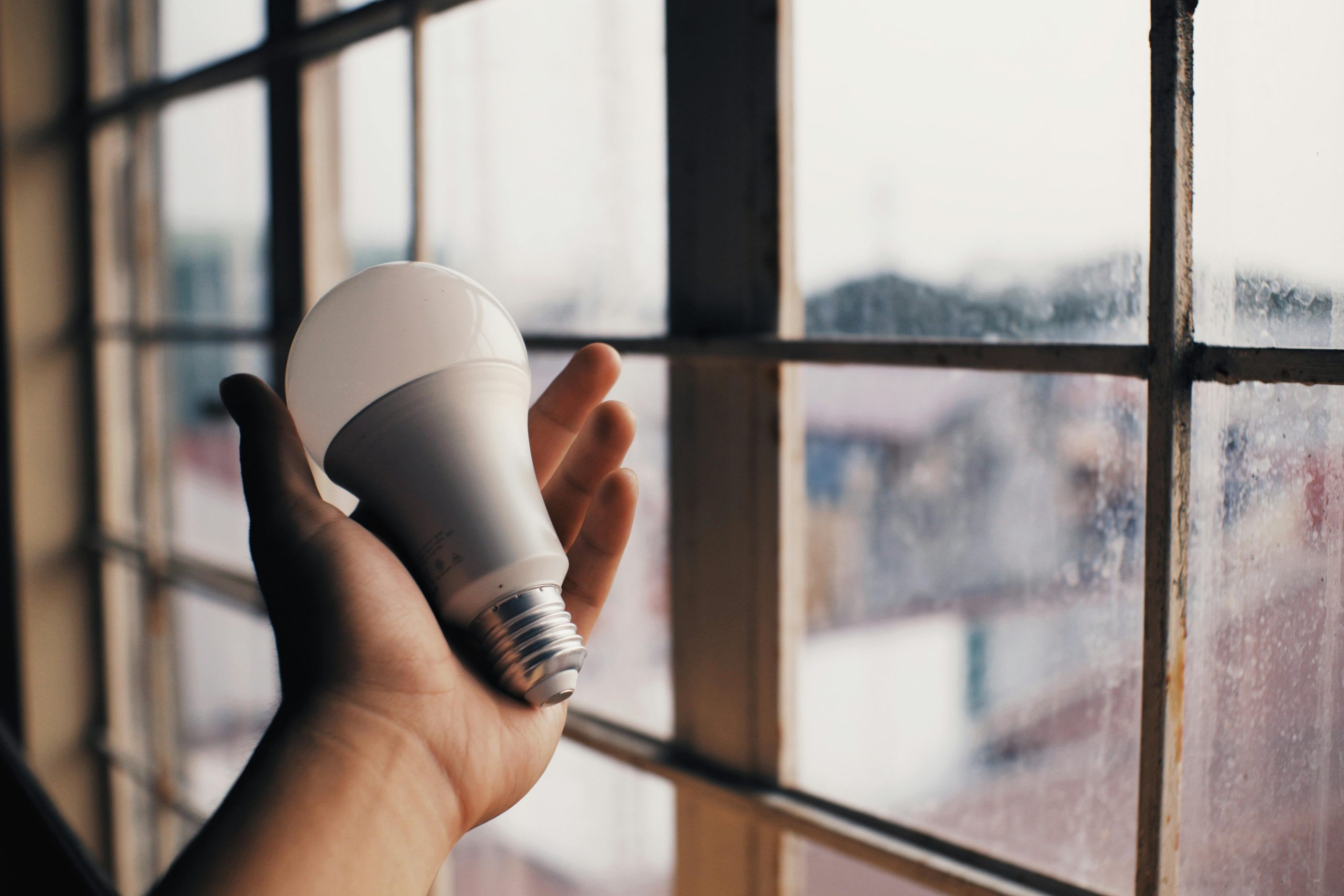Imagine waking up in 2030 to a world where your home anticipates your needs, your car drives itself, and artificial intelligence helps you make decisions faster than ever before. The rapid advancement of technology is reshaping our lives in ways we once only dreamed of. By the end of this decade, innovations in AI, automation, biotechnology, and connectivity will revolutionize how we work, communicate, and even think. Here’s a look at the key ways future tech will transform our daily lives by 2030.
1. Smart Homes and AI-Powered Living
By 2030, the concept of a “smart home” will evolve far beyond voice-controlled lights and thermostats. AI-driven systems will learn our habits, predict our needs, and automate daily tasks seamlessly. Picture a home that:
- Adjusts lighting and temperature based on your mood and preferences.
- Manages groceries and meal planning by tracking consumption and placing orders automatically.
- Monitors health metrics through embedded sensors, alerting you to potential issues before they become serious.
These advancements will make homes more energy-efficient, secure, and personalized, freeing up time for what truly matters.
2. Autonomous Vehicles and Smarter Transportation
Self-driving cars are no longer a futuristic fantasy—they’re becoming a reality. By 2030, autonomous vehicles (AVs) will dominate roads, transforming how we commute and travel. Key changes include:
- Reduced traffic accidents as AI eliminates human error, the leading cause of crashes.
- On-demand mobility services replacing car ownership, reducing congestion and emissions.
- Faster, more efficient logistics with autonomous delivery drones and trucks.
With AVs, commutes will become productive or relaxing, as passengers reclaim time once spent behind the wheel.
3. AI and Personalized Healthcare
Healthcare in 2030 will be proactive, predictive, and personalized, thanks to AI and biotechnology. Breakthroughs will include:
- AI-powered diagnostics that detect diseases earlier and with greater accuracy.
- Wearable health monitors tracking everything from blood sugar to stress levels in real time.
- Gene editing and personalized medicine tailoring treatments to an individual’s DNA.
These innovations will extend lifespans, improve quality of life, and make healthcare more accessible worldwide.
4. The Rise of the Metaverse and Digital Interaction
The lines between physical and digital worlds will blur as the metaverse becomes a central part of daily life. By 2030, we’ll see:
- Virtual workspaces replacing traditional offices, enabling global collaboration without travel.
- Immersive education where students learn through interactive 3D simulations.
- Digital identities allowing people to socialize, shop, and entertain themselves in virtual environments.
While this shift raises questions about privacy and screen time, it also opens new opportunities for creativity and connection.
5. Sustainable Tech and Green Innovations
As climate change accelerates, technology will play a crucial role in creating a sustainable future. By 2030, expect:
- Renewable energy breakthroughs like fusion power and ultra-efficient solar panels.
- Smart grids and energy storage optimizing electricity use and reducing waste.
- Lab-grown food and vertical farming cutting down on agricultural emissions.
These innovations will help mitigate environmental damage while ensuring resources are used more responsibly.
Conclusion
The next decade will bring unprecedented changes to how we live, work, and interact with the world. From AI-powered homes to self-driving cars, personalized healthcare, and the metaverse, technology will make life more efficient, connected, and sustainable. While these advancements come with challenges—such as ethical concerns and job displacement—they also offer incredible opportunities to improve quality of life globally. By embracing these innovations thoughtfully, we can shape a future that’s not only smarter but also more humane and equitable.
